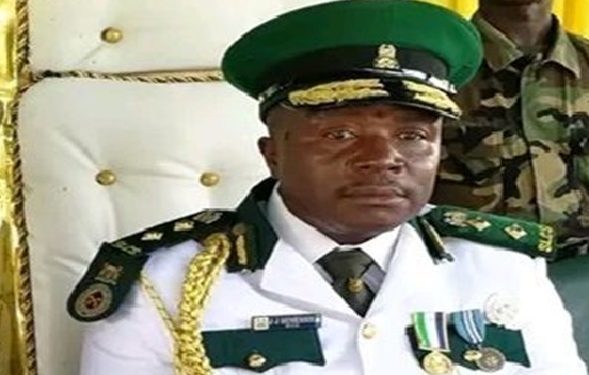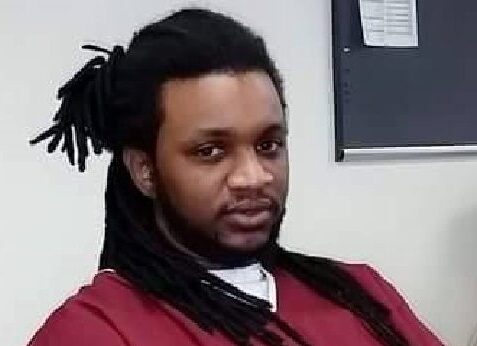By Hassan Osman Kargbo
A groundbreaking initiative is changing the narrative for female inmates in Sierra Leone, offering them an unexpected route to redemption—through football.
In a first-of-its-kind program at the Freetown Female Correctional Centre, 26 female inmates and five police officers have earned their CAF D Licence, an entry-level football coaching qualification certified by the Confederation of African Football (CAF).
The eight-day Football for Reform program aims to use sport as a powerful tool for rehabilitation, empowerment, and reintegration.
The initiative is being hailed as a transformative step in reshaping the country’s correctional system by equipping incarcerated women with practical skills and new opportunities for life after prison. “The course was great – more than great. I am so proud,” said one inmate, visibly emotional after receiving her certificate. “With this coaching certificate, I want to be able to get a job when I leave here.”
Designed around the belief that sports can drive personal growth, the program combines technical coaching knowledge with leadership training and personal development. Inmates learned the basics of coaching, team building, match organization, and youth engagement—skills that can lead to employment and community involvement upon their release.
Once out of prison, these women will be qualified to coach at the grassroots level, helping to fill a gap in community sports while simultaneously reshaping their own futures.
The Football for Reform project is not exclusive to Sierra Leone. Similar programs have already been launched in Ghana and Liberia, where they have gained praise for successfully blending rehabilitation with practical life skills. Now, with Sierra Leone joining the ranks, the initiative is gaining momentum across the continent.
Majidah Nantanda, a former Uganda international footballer and an advocate for women’s empowerment through sport, is one of the project’s vocal supporters, applauding the initiative, calling it “a bold and necessary move to use football for human development.”
Adding her voice to the celebration was Isha Johansen, former president of the Sierra Leone Football Association (SLFA) and a long-time champion of football-driven social reform.
“Football is so much more than just 90 minutes on the pitch,” Johansen said. “It’s about inclusion, empowerment, and creating positive social change. This project is a perfect example of what we can achieve when we think beyond traditional rehabilitation methods.”
The success of the program also lies in its inclusive approach. Not only inmates but five correctional officers also participated in the training to help foster mutual respect and understanding within the prison system, encouraging a more rehabilitative environment.
The initiative has sparked broader conversations about prison reform in Sierra Leone, where correctional facilities have often been criticized for lacking resources and meaningful rehabilitation opportunities. The Football for Reform program offers a hopeful counter-narrative—one where prison time becomes an opportunity for personal growth rather than a dead end.
Sierra Leone’s Correctional Service has expressed strong support for expanding the program to other facilities across the country. Discussions are already underway to scale the initiative nationally, with hopes of reaching both male and female inmates in the near future.
For the 26 women who now hold official coaching licenses, the program has ignited a sense of purpose and possibility.
“I never thought being in prison could lead to something good,” said another participant. “But now I believe that even here, we can rebuild our lives.”
As they step forward—no longer just inmates, but certified coaches—these women carry with them a symbol of hope, resilience, and a second chance. Through the power of football, they are rewriting their stories—one goal at a time.











